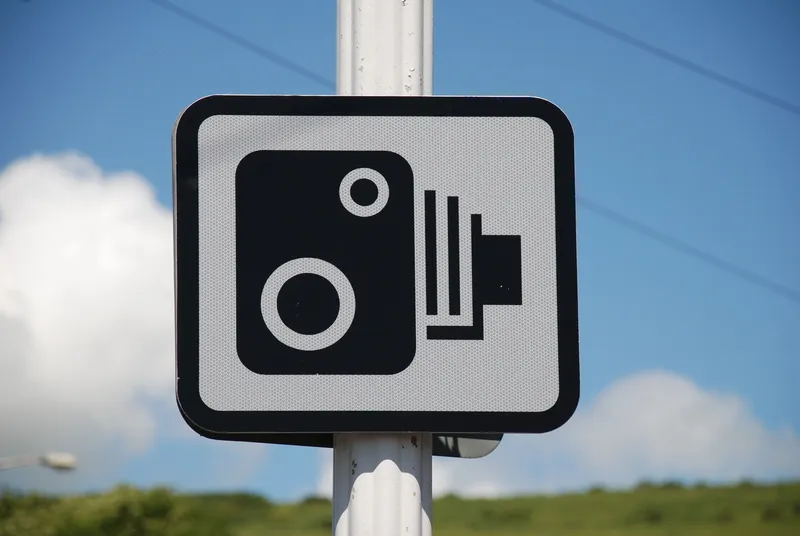The use of speed cameras are supported by the majority of the motoring public, according to the latest research published today by road safety charity, the Institute of Advanced Motorists, with eighty per cent of motorists accepting their use. However, this is down one per cent on last year’s survey. Seventy nine per cent think that speed cameras are useful to reducing injuries, a fall of six per cent from the 2012 findings.
There is still scepticism amongst the motoring public. Over half of drivers (
November 19, 2013
Read time: 2 mins
The use of speed cameras are supported by the majority of the motoring public, according to the latest research published today by road safety charity, the 6187 Institute of Advanced Motorists, with eighty per cent of motorists accepting their use. However, this is down one per cent on last year’s survey. Seventy nine per cent think that speed cameras are useful to reducing injuries, a fall of six per cent from the 2012 findings.
There is still scepticism amongst the motoring public. Over half of drivers (52 per cent) do not believe that cameras are only sited at locations where accidents happen. Almost half of drivers think that raising money is the main purpose of safety cameras.
Scottish motorists are the least likely to have someone in their household with speeding points but they are also the most against speed cameras and speed awareness courses.
Support for speed awareness courses has increased. Three quarters of motorists support the use of speed awareness courses up from 70 per cent in 2011.
IAM chief executive Simon Best said: Speed cameras are a successful road safety solution at key crash sites and it’s important that the government and safety camera partnerships work to maintain a positive view so that the rising suspicion amongst motorists does not become a trend. During times of austerity, drivers are increasingly seeing speed cameras as revenue raising apparatus and are sceptical of their importance for road safety.”
There is still scepticism amongst the motoring public. Over half of drivers (52 per cent) do not believe that cameras are only sited at locations where accidents happen. Almost half of drivers think that raising money is the main purpose of safety cameras.
Scottish motorists are the least likely to have someone in their household with speeding points but they are also the most against speed cameras and speed awareness courses.
Support for speed awareness courses has increased. Three quarters of motorists support the use of speed awareness courses up from 70 per cent in 2011.
IAM chief executive Simon Best said: Speed cameras are a successful road safety solution at key crash sites and it’s important that the government and safety camera partnerships work to maintain a positive view so that the rising suspicion amongst motorists does not become a trend. During times of austerity, drivers are increasingly seeing speed cameras as revenue raising apparatus and are sceptical of their importance for road safety.”










